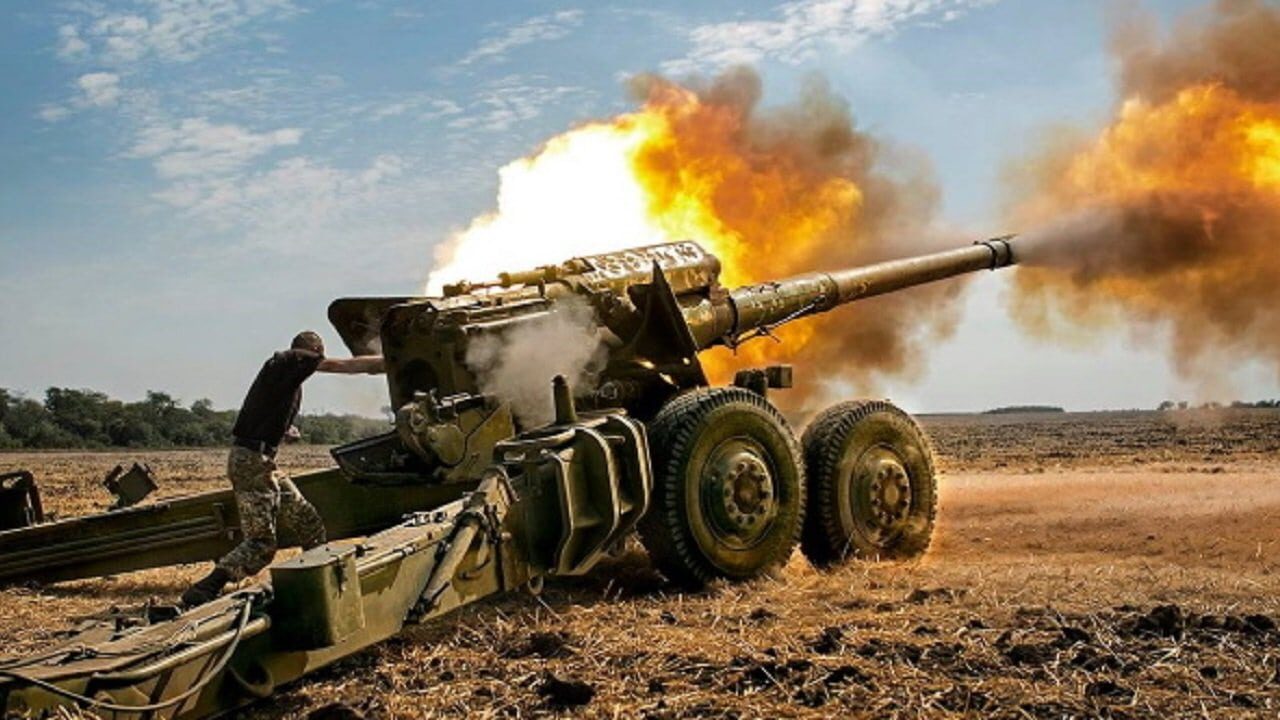One of the most curious aspects of the Ukraine war is the steady effort by some actors to push Ukraine to negotiate the war’s end, and essentially lose.
This is bizarre. Ukraine did not start the war, and none of the countries making these entreaties would accept such an outcome for itself.
Yet just this year, the Pope, French President Emmanuel Macron, China, and a delegation of African leaders have all sought to push Ukraine toward peace talks.
The unstated assumption of each effort has been that Ukraine must submit — that it must accept Russia will permanently control Crimea or the Donbas, that Kyiv may not join NATO or the European Union, and that it should not try to fully defeat Russia on the battlefield. Last year, former U.S. diplomat Henry Kissinger made a similar suggestion.
Why Would Ukraine Agree to Lose?
The core argument behind all of these efforts is that Ukraine should accept defeat and partial dismemberment for the wider good of the world. It would benefit European stability, stabilize food prices and the global economy, and so on. But this argument often seems to mask the actors’ actual interests.
Macron wants Europe to increase its autonomy from the U.S. But the war is reinforcing U.S. primacy in European security, because Washington is the prime driver of Western aid to Ukraine. China has tied itself to Russia as a partial ally, a bet that looks worse all the time. A Russian defeat would be terrible for Chinese hopes to challenge the U.S.-led world order with Russian help. African states have seen food costs explode as the war disrupts exports.
The Ukrainians can see these parochial interests masquerading as the common good, and they have predictably rejected such overtures.
More importantly, the basis for these arguments is wrong. Ukraine is not doomed to defeat. It is not at all clear that Russia can win, or hold on to what it has taken. At the start of the war, it was briefly fashionable to claim that Russia’s advantages were so overwhelming that Ukraine should accept some losses in exchange for peace. But today that claim is not viable. Ukraine is not losing the war. Its two counteroffensives last year retrieved about 40% of the territory Russia initially captured, and Kyiv is now undertaking another offensive. Its population supports the war. And there is good reason to think that if Putin is not decisively defeated now, he will simply attack again in a few years.
In other words, Ukraine has a decent chance of winning militarily, and if that does not work, of defeating Russia in time by exhausting it. My own sense is that the latter is more likely. Russia can avoid defeat by fighting on, but it cannot win decisively anymore. If Ukraine can continue to harass the Russians indefinitely, they will eventually tire and choose to leave, much as the Soviet Red Army chose to leave Afghanistan in 1988 after nine years of fruitless combat.
Putin, Not Ukraine, Is the Problem
The other strange element the various peace overtures share is their expectation that Ukraine do most of the accommodation, when it is Putin who started the war and cannot win it. Often wars begin in ill-defined circumstances of mutual escalation, but this is not such a war. Like the German invasion of Poland in 1939, or the North Korean invasion of South Korea in 1950, the line between aggressor and defender in this conflict is very clear. There was a line separating the two sides, and Putin vividly crossed it in huge force. Even now, Ukraine remains very careful not to cross back much.
Putin has worsened this black-and-white moral difference by prosecuting the war harshly. He has purposefully shelled civilian areas for more than a year now. His army has kidnapped thousands of Ukrainian children, and his various militias and mercenaries have engaged in war crimes, including torture and rape.
Any delegation to end the conflict needs to begin by addressing Russia, the war’s instigator. At a minimum, they must push Putin to prosecute the war in a more humane way.
Instead, the logic seems to be that Ukraine is the weaker of the two and thus more amenable to outside pressure. Given that Ukraine is the victim and Russia is the aggressor, that logic is morally appalling. No wonder Ukraine rejects these efforts.
A Real Peace Deal
Any serious peace deal will start with a Russian commitment to withdraw to the lines of February 2022 and to stop violating Ukrainian civilians. From there, a deal on Ukraine’s future could begin, and Ukraine could make some concessions, such as joining the EU but not NATO, or joining NATO but foregoing Russian reconstruction aid. There are many possible modalities. But they start with ending the war, and the only one who can do that is the person who started it — Vladimir Putin.
Expert Biography
Dr. Robert E. Kelly (@Robert_E_Kelly; RoberEdwinKelly.com) is a professor of international relations in the Department of Political Science at Pusan and a 19FortyFive Contributing Editor.
From 19FortyFive
A Russian Submarine Accidently ‘Destroyed Itself’
Total Massacre’: Ukraine Footage Shows Russian Cruise Missile Shipment Attacked

